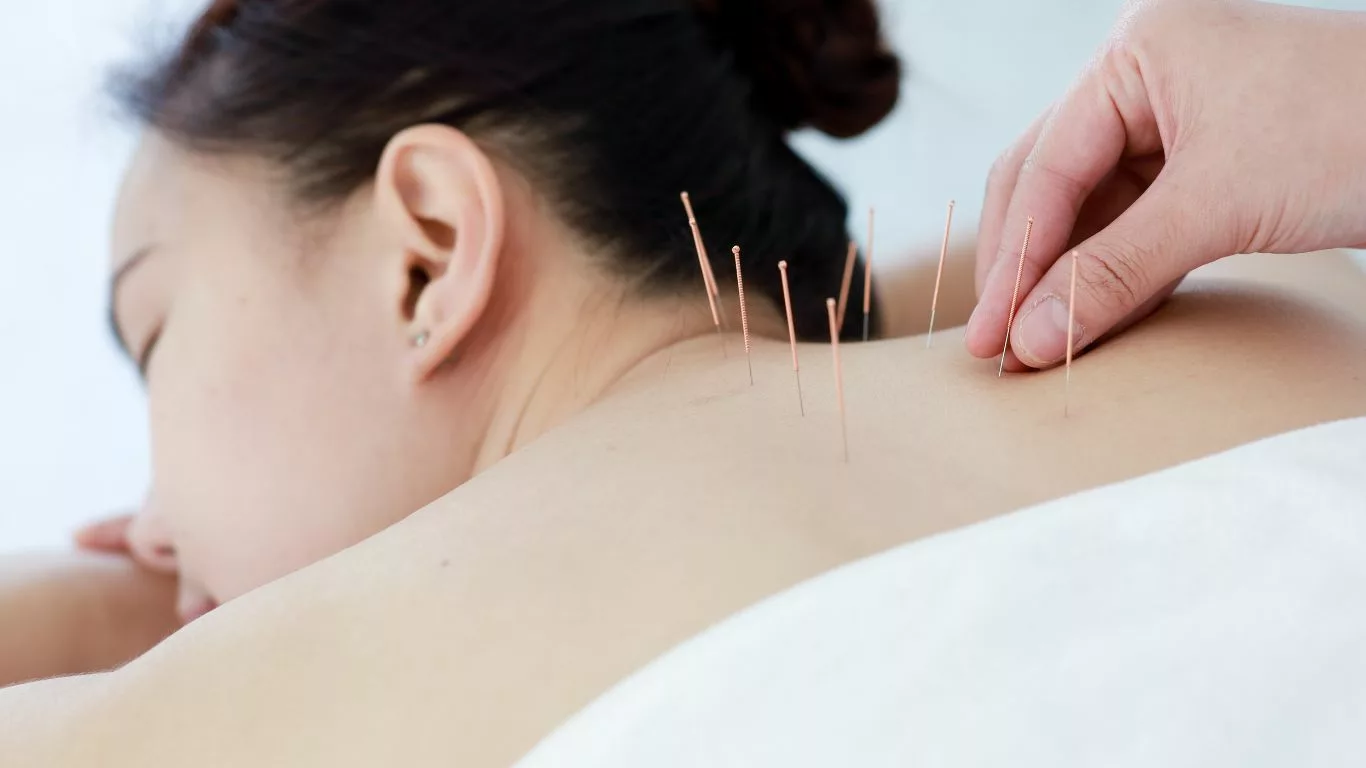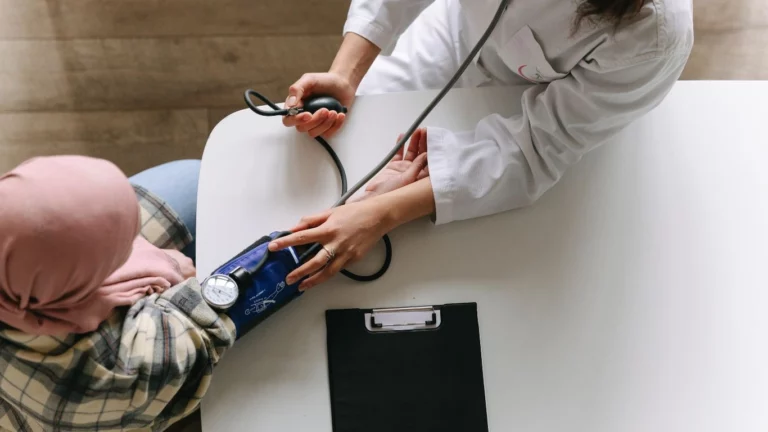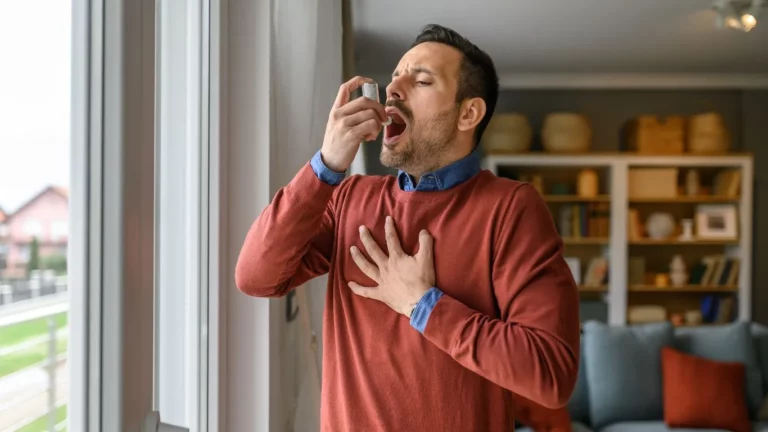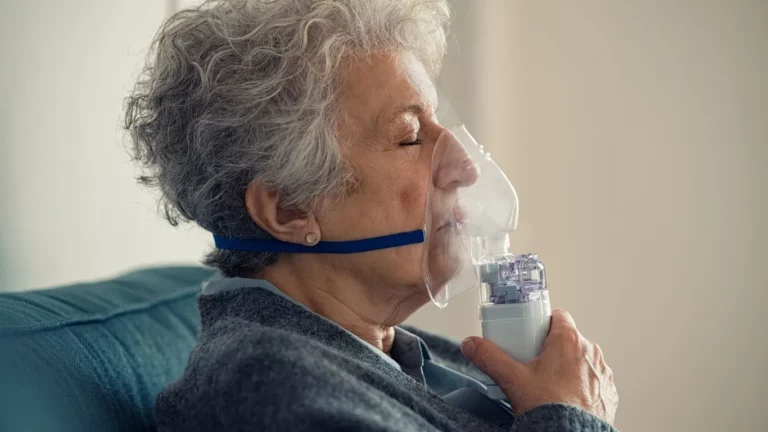Acupuncture for Heartburn Relief: A Natural Way to Soothe Acid Reflux
If you’ve ever dealt with that burning, uncomfortable sensation creeping up your throat after a meal, you know how frustrating heartburn or acid reflux can be. I’ve had my fair share of sleepless nights and hesitant food choices because of it. While antacids and PPIs have their place, I started looking into more natural, holistic methods—and that’s how I stumbled into acupuncture. To be honest, I didn’t expect much at first, but what I discovered changed how I manage my GERD symptoms today.
How Acupuncture May Help Soothe Heartburn and GERD

Acupuncture has been practiced for over 2,000 years in Traditional Chinese Medicine (TCM), and it’s centered on balancing the body’s energy flow—or “Qi.” For heartburn and acid reflux, the idea is that acupuncture can help relax the lower esophageal sphincter (LES), reduce inflammation, and calm the digestive system. Sounds intriguing, right?
When I first tried it, I was skeptical. I’m not a big fan of needles, and the idea of lying still for 30 minutes while someone poked me wasn’t my ideal plan for the afternoon. But I was surprised by how relaxing it felt. My acupuncturist focused on points around my wrists, feet, and stomach—areas that supposedly connect to digestion.
Interestingly, there’s actual science backing it up. A 2014 study published in the World Journal of Gastroenterology found that patients with GERD who received acupuncture had significantly fewer symptoms compared to those who took PPIs alone. That’s not to say it’s a magic cure, but it can certainly be a useful part of a broader management plan.
What the Research Says About Acupuncture for Acid Reflux

Studies have explored how acupuncture affects acid reflux at a physiological level. Researchers believe it helps modulate the autonomic nervous system—particularly the vagus nerve—which plays a crucial role in digestive function. If the vagus nerve isn’t functioning properly, the LES may relax when it shouldn’t, allowing acid to escape the stomach and cause that all-too-familiar burn.
One notable study from the Mayo Clinic confirms acupuncture’s potential in relieving chronic pain and some digestive issues, including reflux symptoms. Patients with functional dyspepsia reported improvement in fullness, bloating, and upper abdominal discomfort.
It’s worth noting that acupuncture is rarely used as a stand-alone treatment. Instead, it complements other approaches like dietary changes, lifestyle shifts, and stress management—much like those covered in our GERD lifestyle guide.
Common Acupuncture Points Used for Heartburn Relief

If you’re curious about what an actual session looks like, here are some of the commonly targeted acupuncture points for heartburn and GERD:
- PC6 (Neiguan): Located on the inner forearm. Known for reducing nausea and calming the digestive system.
- ST36 (Zusanli): Found below the knee. It’s a powerhouse point for strengthening the stomach and improving overall digestion.
- CV12 (Zhongwan): This one sits on the midline of the abdomen and is great for relieving bloating, acid reflux, and indigestion.
- BL20 & BL21: Located on the back, they correspond to the spleen and stomach, and are often included in reflux protocols.
My acupuncturist also included ear acupuncture, which I hadn’t expected. Tiny needles were placed on my outer ear, a method believed to activate parasympathetic responses and reduce digestive upset. It felt weird at first, but strangely calming.
Who Should Consider Acupuncture for Reflux?

While acupuncture isn’t for everyone, it’s worth considering if:
- You’ve tried antacids, H2 blockers, or PPIs with limited relief.
- You experience side effects from conventional medications.
- You prefer natural or integrative health approaches.
- You’re dealing with stress-induced reflux and want to target the root cause.
Some people notice a difference after just a few sessions, while others may need a longer series. It’s also safe for most people, though you should always consult with a licensed acupuncturist who has experience working with digestive disorders.
Personally, I noticed less chest tightness and less throat burn after my second week of sessions. I also felt more relaxed—something I didn’t even realize was connected until I started noticing the emotional tension lifting.
Tips for Getting the Most Out of Acupuncture for Acid Reflux

Based on my own experience and expert advice, here are a few tips if you’re considering giving acupuncture a try:
- Don’t eat too much before your appointment—but don’t go in starving either. A light meal 1–2 hours before is best.
- Dress comfortably so your acupuncturist can easily access your arms, legs, and stomach area.
- Be consistent. Like any therapy, results build over time.
- Pair with lifestyle changes like adjusting your diet or sleeping position. You can check out tips on how to sleep with GERD to improve your nightly comfort.
And if you’re someone like me who’s curious but cautious, it doesn’t hurt to try one or two sessions and see how your body responds. Everyone’s journey with reflux is different, and it’s all about finding what works for you.
What to Expect During Your First Acupuncture Session for GERD

Your first visit might feel a little mysterious if you’ve never done this before. I remember walking into the clinic feeling unsure whether I was stepping into a spa or a medical office. The truth? It was a bit of both. After a short consultation about my symptoms, diet, and lifestyle, the practitioner explained the treatment plan.
Most sessions begin with you lying comfortably on a padded table. The acupuncturist gently inserts thin, sterile needles into specific points tailored to your digestive system and your overall health. Despite how it sounds, the process is painless—some points even give off a warm, tingling sensation. That’s actually a good sign in TCM—it means your Qi is activating.
Needles typically stay in for 20 to 30 minutes. Some clinics use calming music or aromatherapy to help you relax. Honestly, I often ended up dozing off midway through—it’s that calming. Afterward, I always felt lighter, as if my whole system had been gently reset.
How Many Sessions Do You Need for Lasting Heartburn Relief?

Just like physical therapy or dietary changes, acupuncture isn’t a one-and-done solution. Most people with moderate to severe reflux symptoms start with one or two sessions per week, tapering down as things improve. My practitioner recommended a 6–8 week protocol to start, and we reevaluated every few weeks.
There’s no universal timeline—it depends on how chronic your condition is, what other lifestyle changes you’re making, and how your body responds. I started noticing real change after the fourth session. It wasn’t just my reflux—my sleep got deeper, and I wasn’t snapping from stress as easily.
For long-term relief, many people continue occasional “maintenance” sessions every few weeks or monthly. It’s kind of like taking your nervous system to the gym.
Does Acupuncture Work for Everyone with GERD?

Let’s be honest—it’s not a miracle fix. While many people (myself included) report noticeable improvement, others may not respond as strongly. According to research published in BMC Complementary Medicine and Therapies, acupuncture has demonstrated statistically significant improvement in symptoms among patients with non-erosive reflux disease (NERD), a subtype of GERD.
That said, results can vary based on:
- Underlying causes of reflux (hiatal hernia vs. functional digestive disorder)
- Practitioner experience—make sure they’re licensed and trained in GI disorders
- Consistency—occasional treatments are unlikely to be effective alone
It’s also worth integrating it with smart reflux management strategies like daily lifestyle modifications and acid reflux-friendly foods. That’s the approach that made the biggest difference for me—not one thing, but a collection of smart choices working together.
Potential Side Effects and Safety Considerations

In skilled hands, acupuncture is very safe. But as with any treatment, there are a few things to keep in mind:
- Mild bruising or tenderness at needle sites can happen, especially the first few sessions.
- Dizziness or fatigue after treatment is rare but possible—usually from relaxing too quickly after a stressful day (been there!).
- Always use a licensed acupuncturist—they should follow sterile procedures and have experience with digestive conditions.
- Check for contraindications—if you’re pregnant, on blood thinners, or have pacemakers, speak to your doctor first.
Still, side effects are generally minimal compared to some of the long-term risks of overusing acid suppressing meds like PPIs. As noted by the FDA, prolonged PPI use has been linked to infections, nutrient malabsorption, and gut microbiome disruption.
Combining Acupuncture with Other Natural Therapies

In my own routine, acupuncture worked best when combined with other natural approaches. Think of it like building a team instead of relying on a single player. Here are some things that synergize well:
- Herbal teas like chamomile, ginger, and slippery elm
- Soothing herbal supplements like marshmallow root or licorice
- Stress-reducing practices like meditation, breathwork, and light yoga
- GERD-safe sleep supports to improve nighttime comfort
When you treat the body as an integrated system—physical, emotional, neurological—it starts to respond differently. For me, acupuncture wasn’t a last resort. It became the turning point.
Should You Try Acupuncture for Heartburn?

If you’ve struggled with chronic reflux, felt disappointed by medications, or want something more natural and proactive, acupuncture is worth exploring. It’s not about rejecting modern medicine—it’s about enhancing your healing by tapping into tools that have stood the test of time.
You don’t need to believe in energy channels to benefit. You just need to be open to trying something different and gentle. For many, that’s where true relief begins. And if you’re still learning what strategies actually work, our natural GERD remedies guide offers a great place to continue your journey.

Camellia Wulansari is a dedicated Medical Assistant at a local clinic and a passionate health writer at Healthusias.com. With years of hands-on experience in patient care and a deep interest in preventive medicine, she bridges the gap between clinical knowledge and accessible health information. Camellia specializes in writing about digestive health, chronic conditions like GERD and hypertension, respiratory issues, and autoimmune diseases, aiming to empower readers with practical, easy-to-understand insights. When she’s not assisting patients or writing, you’ll find her enjoying quiet mornings with coffee and a medical journal in hand—or jamming to her favorite metal band, Lamb of God.







